Technology and the internet have come a long way, and as a result of that so have passwords. Long gone are the days where you could use “12345” or “password1” and actually have a prayer of not being compromised.
It isn’t just brute-force attacks you need to worry about, hackers are using more sophisticated methods to breach entire databases full of passwords and other sensitive information. For a lot of internet users, it isn’t a matter of “if”, but rather when they’ll have a password compromised.
In-fact, you can go to Have I Been Pwned right now, enter your primary e-mail address, and see if you’ve been part of a data breach. I entered my e-mail and found 18 sites I had account with that were breached. Yikes!
Keeping your accounts secure
So, what can you do to stop hackers from stealing your passwords? You can start by using stronger passwords! The longer the better, but you also want a variety of capitalization, numbers, and special characters. A lot of websites are requiring stricter passwords now days, but you may want to consider going above and beyond the requirements.
The best way to guarantee a strong password is to use a password generator like LastPass. You can set the length and complexity and have the program automatically come up with a strong, unique password. The software comes as a plugin for your favorite browser and can store any login credentials you use in the cloud. Logging in on those sites becomes fast and trivial, the app will autocomplete any login credentials, if you wish. As any respectable premium app, LastPass comes for all platforms, including your mobile phone.
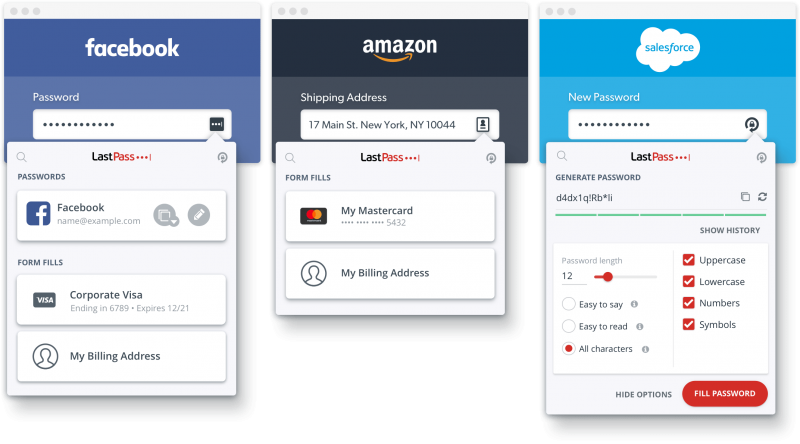
Two-factor authentication is also a great tool of defense, but it isn’t perfect. Depending on the website, there are loopholes and workarounds to bypass 2FA. You should definitely use this feature everywhere that you can, but don’t rely solely on it.
Why you need a Password Manager
One of the most important things you can do is use a different password for every account you create. I know, this can be a difficult adaptation to make — but it is well worth the effort. For those using the same password, one data breach could result in multiple accounts being compromised. If you log in with an e-mail, hackers can take that e-mail with your stolen password and automate attempts on thousands of sites to see which ones you’re also registered on.
Now, if you’re using a strong password as recommended above, there’s no way you’re going to remember it by heart. Maybe one or two if you really try, but it isn’t viable or necessary to remember every single password you have. Instead, let a password manager take care of that!
1Password
One of the most popular password managers out there is 1Password. It is widely used for both businesses and personal password protection. 1Password has you create a master password and then secures that with a highly encrypted secret key. Your passwords are stored securely on the cloud, and you can also save them locally for when you don’t have internet access.
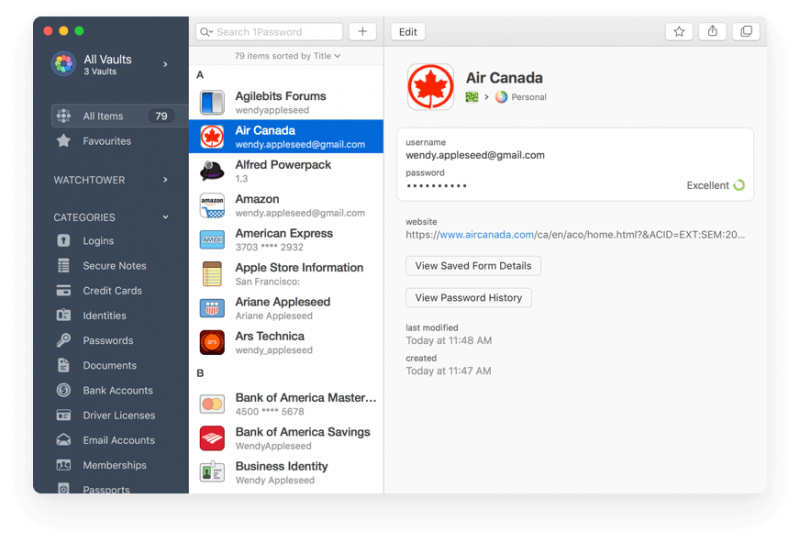
1Password has flexible and affordable pricing for individuals, families, and all business sizes. You can also sign up for a free trial to test it out before spending any money. With regular security audits on the company and software, you can ensure your data is safe with this 1Password.
Bitwarden
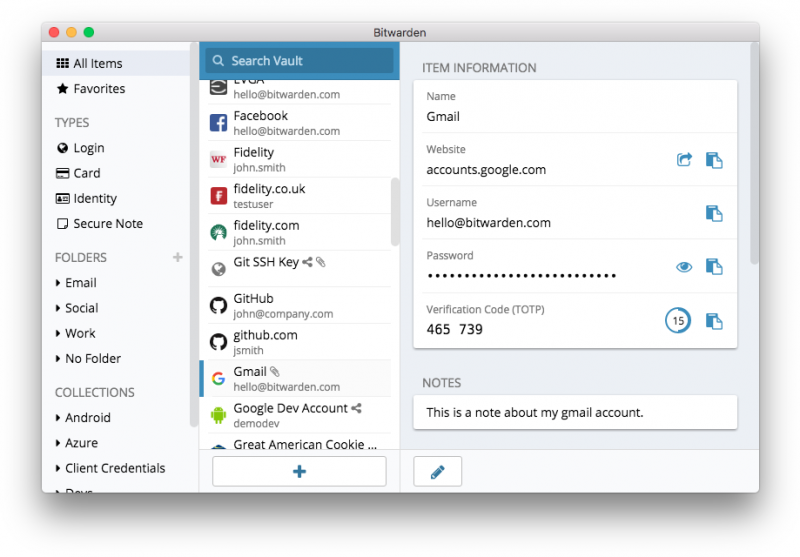
Another fantastic option for a password manager is Bitwarden. Similar to 1Password, Bitwarden allows you to store your passwords on the cloud, locally, or both. Not so similarly — you can use Bitwarden for free! The free version has all the features most personal users will need to be secure. However, there is a paid version with more robust options that businesses would benefit from using.
Dashlane
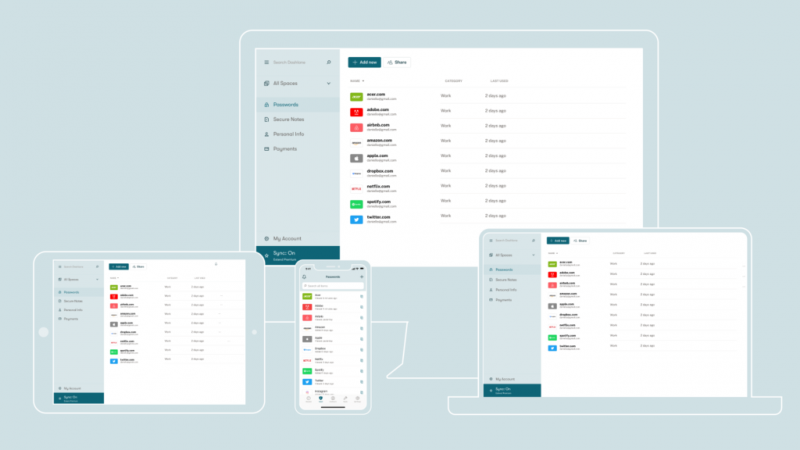
If neither 1Password nor Bitwarden seems like the right fit for you, check out Dashlane. Most of the features are similar, but the sleek design and ease of access may be more attractive for some users. Pricing is broken down into three options: Free, Premium, and Premium Plus. The unique one here is Premium Plus, which actually offers credit monitoring and resources to help deal with identity theft.
Don’t hesitate, protect your accounts now
It is easy to put it off and say you’ll worry about security later. Don’t procrastinate on this though, take action and get started now! You never know when that next database breach will happen, and you don’t want to be on the wrong side of it.

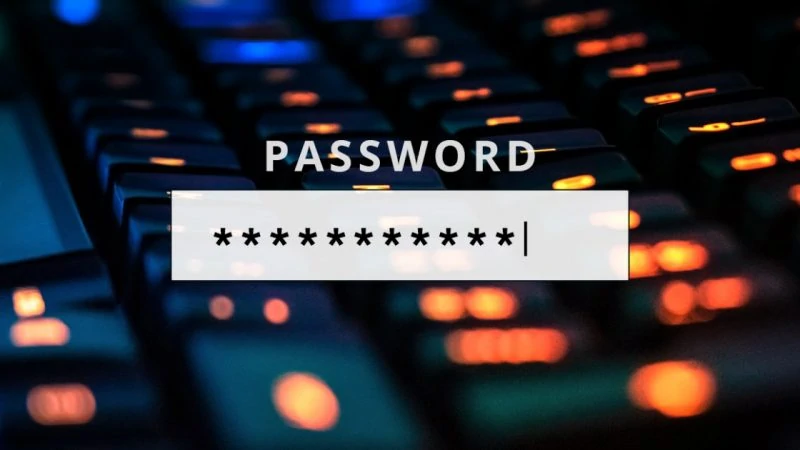









![[Guide] Enable the hidden ‘Condensed’ display mode on Samsung Galaxy S7 and S6 Enable the hidden 'Condensed' display mode on Samsung Galaxy S7](https://www.bytesin.com/wp-content/uploads/2016/04/Activate-the-hidden-Condensed-display-mode-on-Samsung-Galaxy-S7-120x70.webp)


![[Review] Traffic Rider – Just Ride](https://www.bytesin.com/wp-content/uploads/2016/02/traffic-rider-review-feat-120x70.webp)